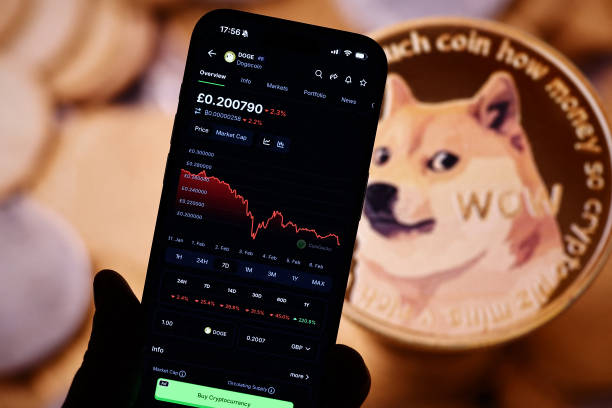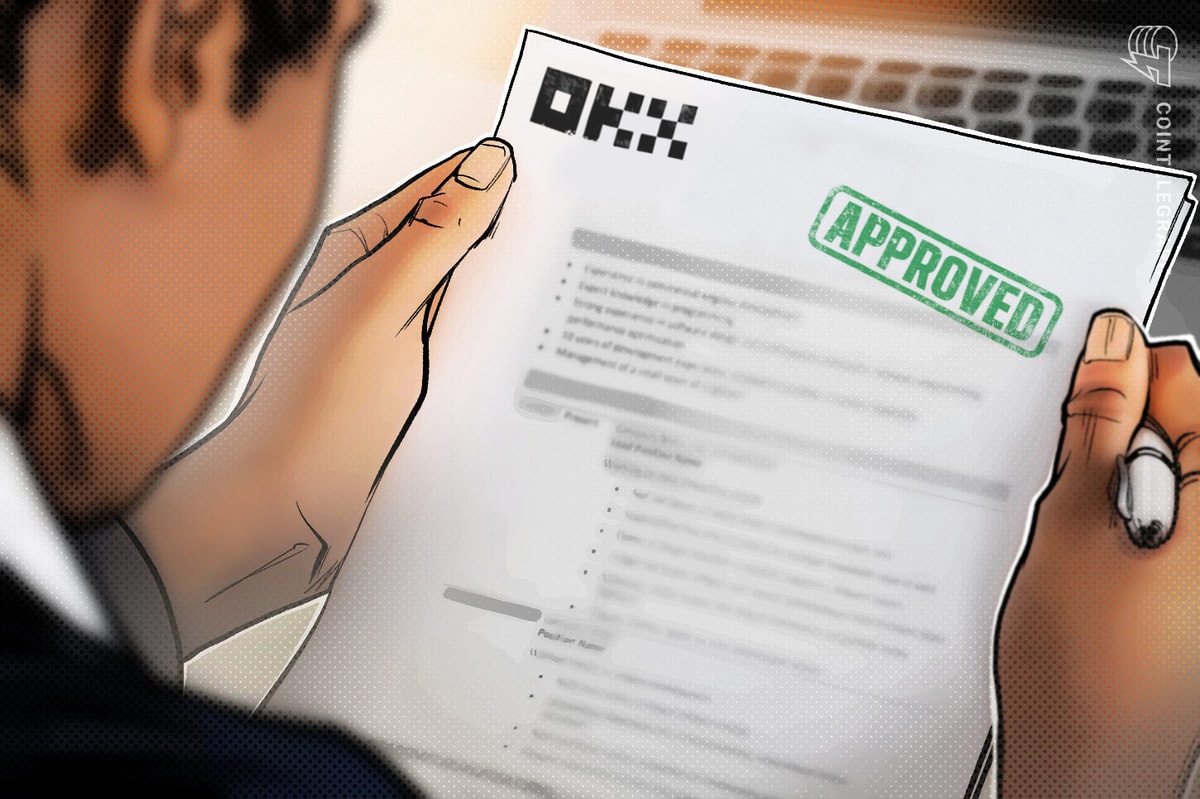
Abra is a bitcoin-powered investment and payments app that first came to light at Launch Festival 2015 where it won the top prize at the event. The app uses bitcoin and litecoin smart contracts to represent the value of practically any fiat currency along with 20 crypto assets in the user’s wallet, where the user is always in complete control of their own private keys.
While Abra was originally pitched as an app for permissionless, borderless money transfers, the startup is now entering the realm of “crypto banking.” Abra CEO Bill Barhydt explained this change of focus in a recent interview with angel investor Jason Calacanis on This Week in Startups.
What Is Abra?
Abra was founded in 2014 when the bitcoin price was on the decline. At that time (and some would argue still today), the two main use cases of bitcoin were as a store of value (digital gold) and a conduit for permissionless, digital payments (think Wikileaks donations).
According to Barhydt, it was at this time that Abra decided to try out another often-touted use case of this new technology: programmable money. Through the use of multisignature contracts and oracles, Abra has been able to peg the value of the bitcoin (and now litecoin) in a user’s wallet to their local fiat currency. This effectively gives the user the permissionless nature of bitcoin without the price volatility.
Unlike other apps, such as Coinbase, that allow users to convert between bitcoin and fiat currency, Abra enables the user to always be in full control of their digital money.
Users are able to move money in and out of the Abra app through a variety of methods, including bank transfers and so-called Abra Tellers. These tellers are effectively individuals who will take physical cash from someone in exchange for digital assets on the Abra app or vice versa.
The Abra Pivot
Abra’s teller system has worked well enough for powering money transfers in the areas of the world where it is already active, but the startup quickly realized their users were using the app for reasons they did not originally intend.
“People were starting to use the tellers to actually buy bitcoin,” Barhydt said. “Our customers [were] pulling us to basically become an investment vehicle using crypto because it turns out we had a phenomenal user experience. It wasn’t a trading-like experience. It was a very Venmo-like experience on a phone.”
After interviewing some of their users, Abra found that many people simply wanted to gain access to bitcoin and altcoins in a simple, easy-to-use app on their phones. Abra was already uniquely setup to make this happen rather quickly with bank transfers available in the western world and their teller network growing in developing markets.
Becoming a “Crypto Bank”
Now that Abra has turned into a cryptocurrency investment platform, that aspect of the app can help bootstrap the payments part of the equation. This is similar to how bitcoin itself has grown as a medium of exchange as more people have viewed it as a potential store of value (more on this dynamic here).
Any two users on the app are able to send money to each other for free. There is only an effective charge when a user is exchanging between two different currencies.
“Now, we’re actually an investment vehicle and a payments vehicle, so it kind of becomes the crypto bank, so it’s a circuitous route to the same vision,” said Barhydt.
To clarify, a “crypto bank” is not really much of a bank at all. As Barhydt has explained in the past, Abra turns the user’s phone into their own bank using Bitcoin and Litecoin-based smart contracts. By not taking custody of user funds, Abra is able to avoid a variety of costly regulations around the world.
Later in the interview, Barhydt hinted that Abra could be extended to offer much more than currencies in their app, pointing out his intention to provide individuals in developing markets with the ability to gain exposure to Apple stock by way of nothing more than a smartphone with some bitcoin on it.










